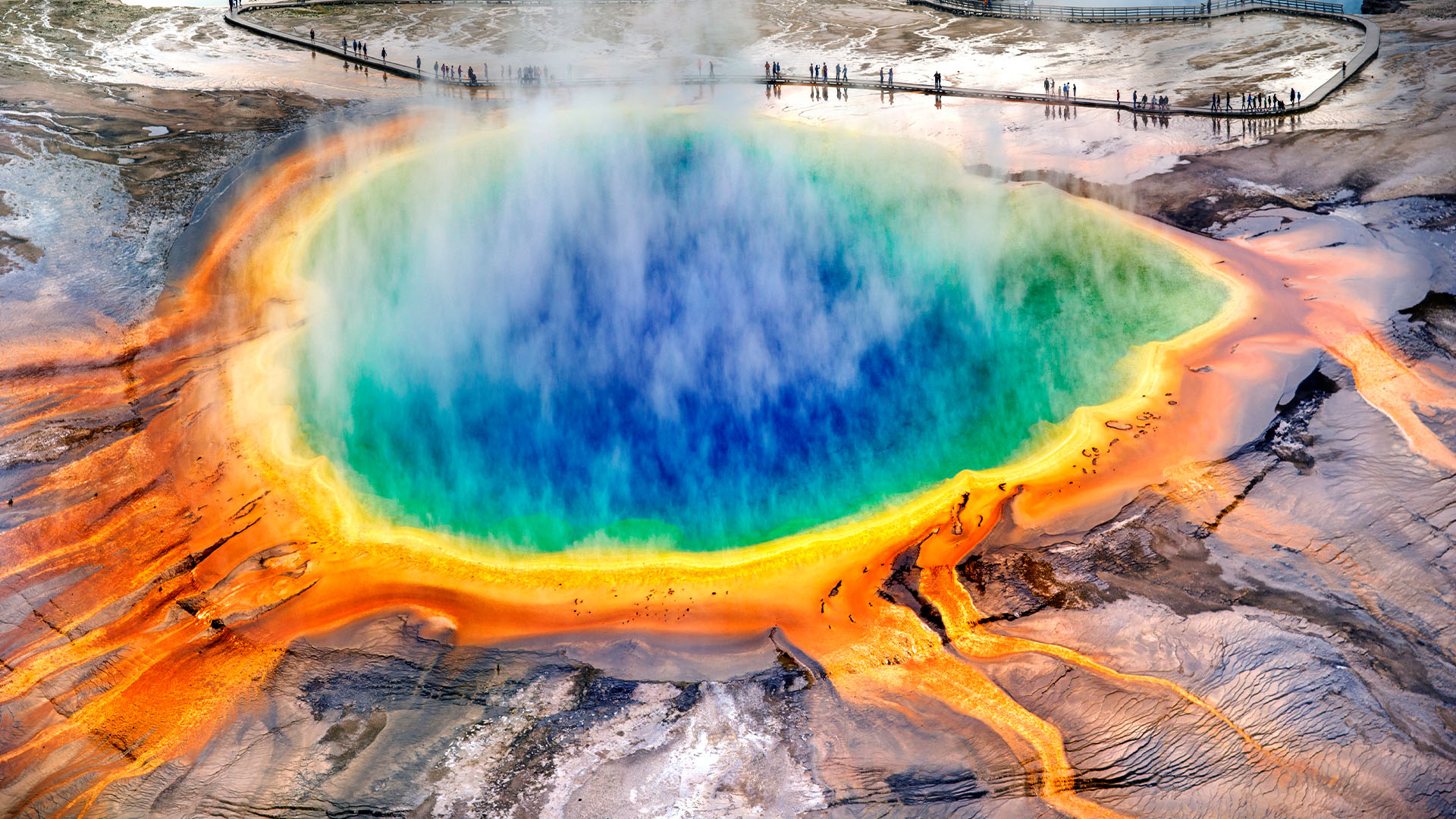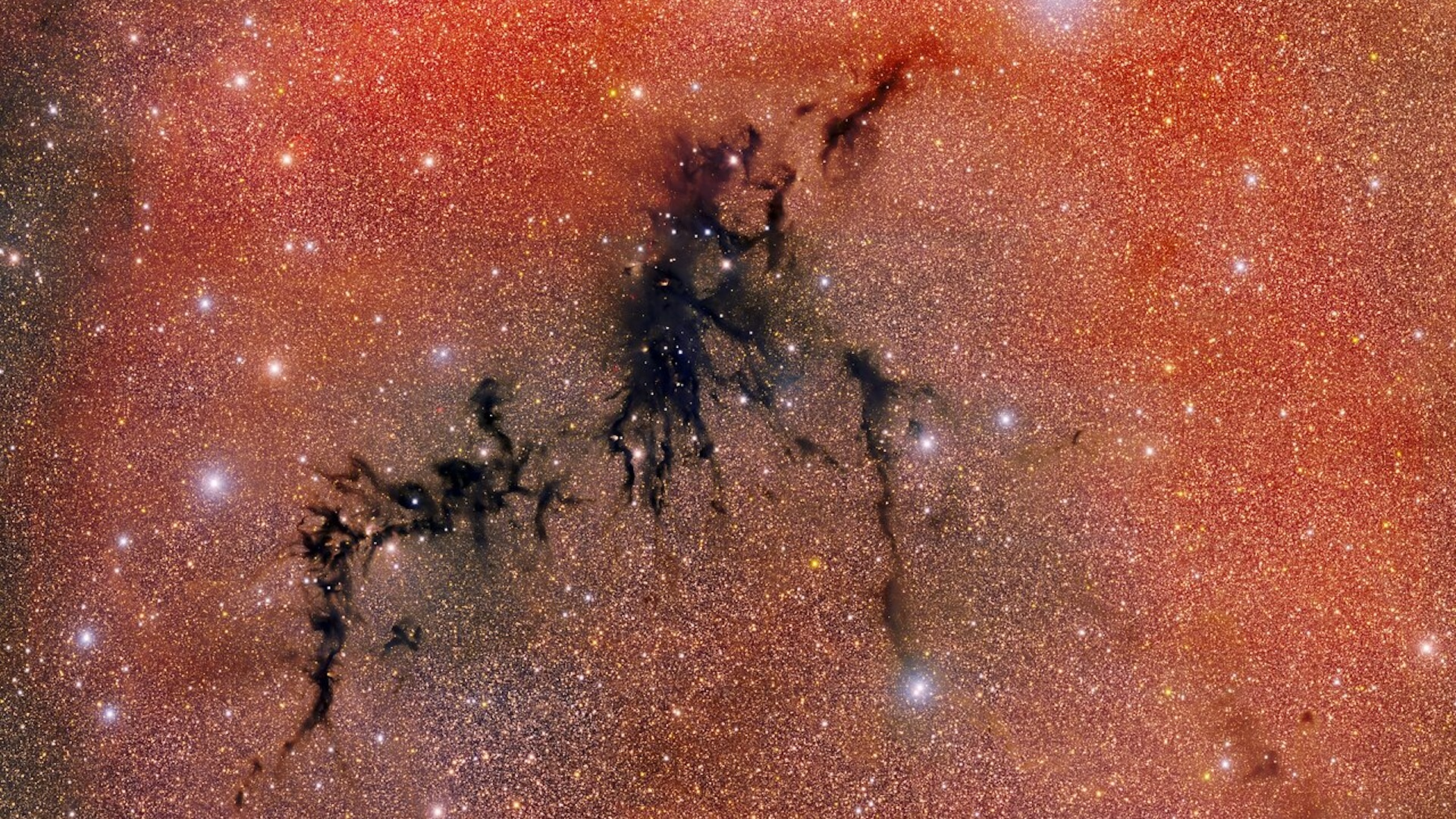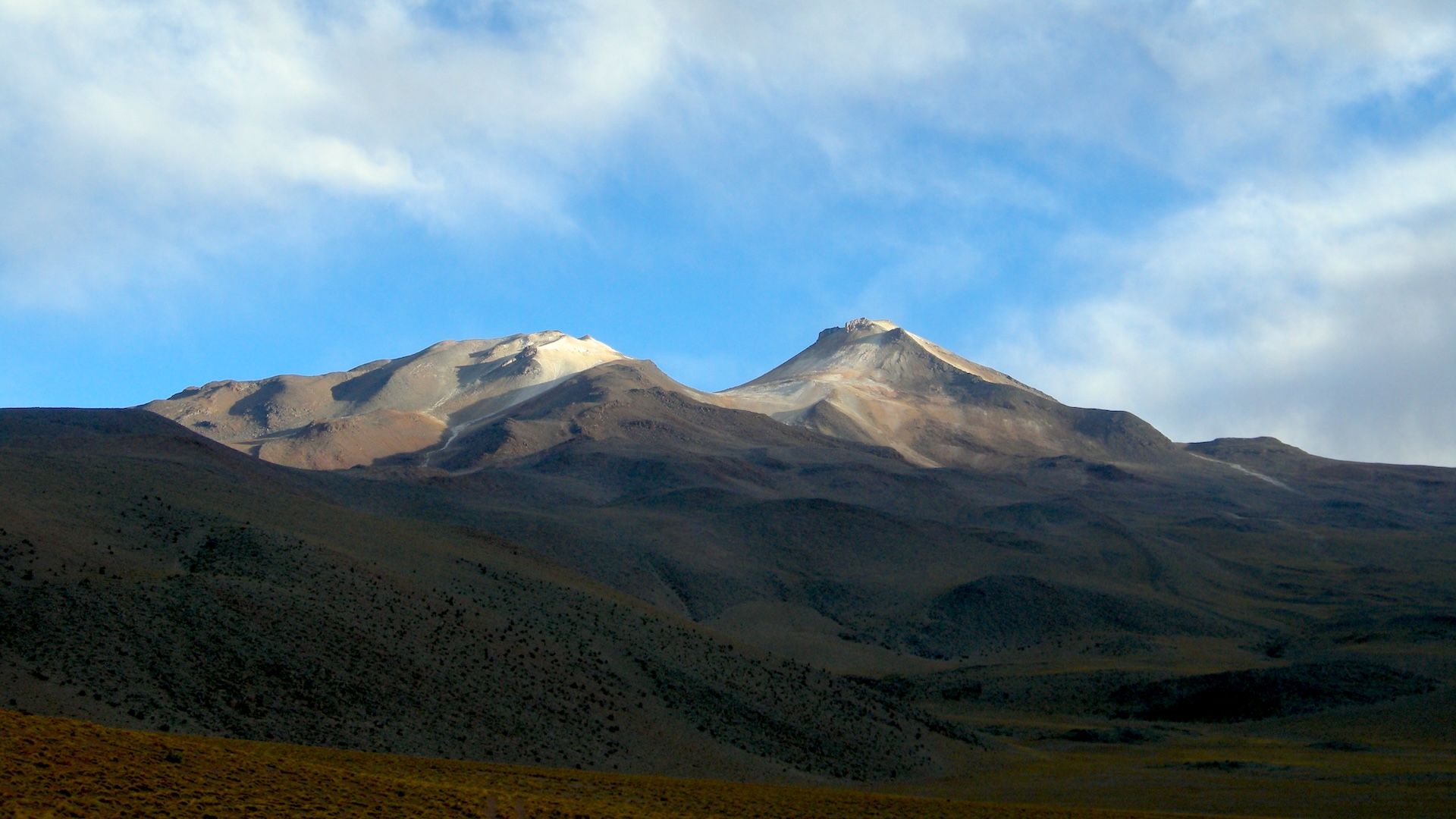Al Gore Urges Scientists to Speak Out on Climate Change
SAN FRANCISCO—Former Vice President Al Gore said here today that he would become a member of the American Geophysical Union, a sign of his dedication not only to protecting the environment but also his belief that science is vital when it comes to decisions impacting the fate of the planet.
In a speech entitled "Climate Change: The Role of Science and the Media in Policy Making," Gore said that in order to make real changes at the individual and even climate policy level, scientists need to communicate directly with the people making decisions. The talk was part of the annual fall meeting of the AGU, a non-profit organization with 45,000 scientist members in 140 countries.
"How can we communicate more effectively about the overall impact of this picture now emerging from the multiple discoveries that are represented here at this gathering?" Gore said. "I do believe that the gulf between science and popular culture, which has widened over the years, actually is now beginning to narrow again."
The president of AGU agreed.
"We need tools and we need approaches that scientists can use," said Tim Killeen. "He's right on target."
With thousands of scientists and media in the audience, Gore gave examples of the ever-increasing scientific evidence of climate change from melting ice caps to wildfires sparked by drought.
He didn't pretend to be a scientist, and he remarked on how generous his scientist friends have been with their time and patience in sharing climate science with him. That way, he said, he could then communicate with the public and decision makers.
Sign up for the Live Science daily newsletter now
Get the world’s most fascinating discoveries delivered straight to your inbox.
"He's so well read into our field that he has a credibility here in this community," Killeen told LiveScience in an interview. Before the talk, Killeen, AGU president-elect Tim Grove and other members spoke with Gore about climate science. They said Gore weaved the information flawlessly into his speech.
In the end Gore somewhat replaced his "inconvenient truth" phrase with a new one, a concept discussed by Mahatma Ghandi that has no exact translation: "truth force."
"When you come into the possession of truth that has deep implications to the future, and then you find the courage to express it and make a commitment to becoming involved in an effort to disenthrall our country and the world from this prison of illusions that has paralyzed us and prevented us from taking appropriate action, you will find that the truth will move obstacles from your path," Gore said.
"Now is the time," he said. "We have everything we need to get started and to prevail with the possible exception of the will to act. But in the United States of America, the will to act is a renewable resource."
Jeanna Bryner is managing editor of Scientific American. Previously she was editor in chief of Live Science and, prior to that, an editor at Scholastic's Science World magazine. Bryner has an English degree from Salisbury University, a master's degree in biogeochemistry and environmental sciences from the University of Maryland and a graduate science journalism degree from New York University. She has worked as a biologist in Florida, where she monitored wetlands and did field surveys for endangered species, including the gorgeous Florida Scrub Jay. She also received an ocean sciences journalism fellowship from the Woods Hole Oceanographic Institution. She is a firm believer that science is for everyone and that just about everything can be viewed through the lens of science.










